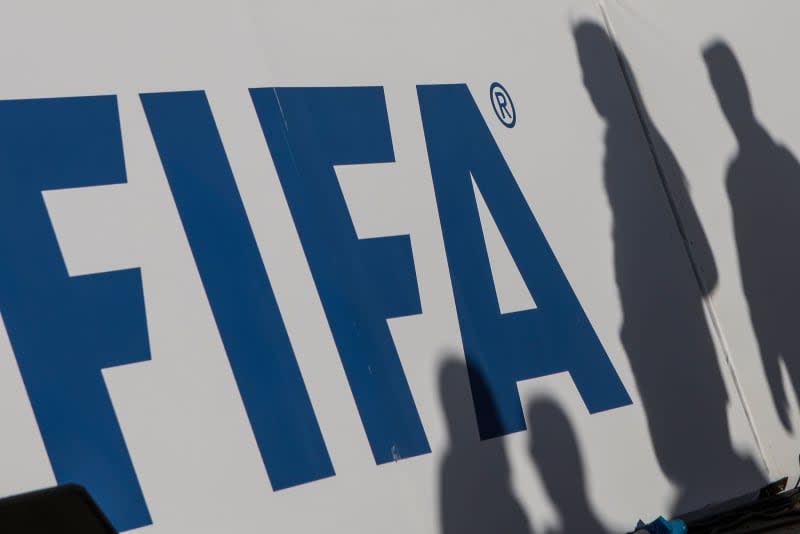Court says FIFA's rules on transfers may be contrary to EU law

The Court of Justice of the European Union (CJEU) has said that FIFA's rules on players transfer may prove to be contrary to European Union's law in view of a dispute between former French player Lassana Diarra and the football governing body.
Advocate general Maciej Szpunar emitted an opinion on Tuesday, saying that FIFA rules "governing contractual relations between players and clubs may prove to be contrary to the European rules on competition and freedom of movement of persons."
Diarra signed for Russian club Lokomotiv Moscow in 2013, only to have that contract terminated by the club one year later without just cause.
Lokomotiv applied to FIFA's dispute resolution chamber for compensation and the player submitted a counterclaim seeking compensation for unpaid wages.
Diarra claims that the search for a new club proved to be difficult because, under FIFA regulations, any new club would be held jointly and severally liable with himself to pay any compensation due to Lokomotiv.
He claims that a potential deal with Belgian club Sporting du Pays de Charleroi fell through because of the conditions and sued FIFA and Belgian football governing body URBSFA for damages and loss of earnings of €6 million ($6.4 million).
A verdict is expected in a few months. Judges often follow the advocate general's opinion, but not always.
Szpunar finds that the FIFA transfer regulations "limit the possibility for players to switch clubs and, conversely, for (new) clubs to hire players, in a situation where a player has terminated his or her contract without just cause."
"These provisions are such as to discourage and dissuade clubs from hiring the player for fear of financial risk. The sporting sanctions faced by clubs hiring the player can effectively prevent a player from exercising his or her profession with a club located in another Member State."
Diarra's legal representatives welcomed the advocate general's assessment in a statement, while FIFA has been asked for a comment.
The CJEU consists of the European Court of Justice (ECJ) and the European General Court (EGC).

